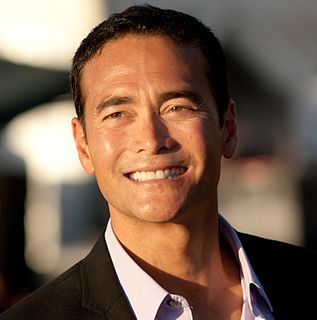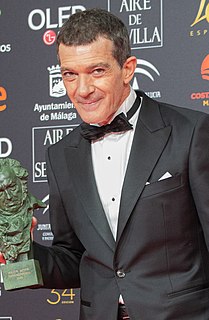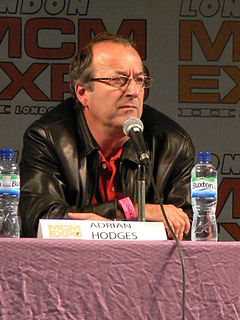A Quote by Keller Easterling
The whole idea of action being a carrier of information is something that comes directly from theater. That's, in some ways, the one thing I've been trying to contribute. I still write things outside of architecture - not really fiction, but not nonfiction. I like dialogue as a form, because the text is only the trace of an action. The consequential information is carried in the action you choose to put on that text.
Related Quotes
It may be unfathomable in architecture, but it is very practical, or routine, for a person in theater to use action. You have the line, "Come home, son," but you can't play that line by going out and being a mother; you can't be a noun. But you can play to smother your son; you can play to grovel to your son. Again, the real information is carried in action. And, to an annoying degree, theater people talk to each other in infinitive expressions. If you don't have a vivid verb to describe what you're doing, you're probably going to be a pretty bad actress.
I'm such an action movie junkie that as an action fan, because action scenes are so heightened, we could never really picture ourselves in that scene. So when you're watching an action movie, you experience an action movie more outside of the aquarium: you know you're out of the aquarium looking in at all the swimming fish that are in there.
I am not an action hero. That is not the only thing I did in my career. Many people know me because of my work with Pedro Almodóvar, or theater or films that I have done, aside from that. But, that was a part of my career that I embrace. I loved movies like Zorro and Desperado and The 13th Warrior, and other movies like that, that I have done and that contain some action, but it's not the only thing that I do.
[Action's] a Western thing. We think of the hero going into battle, rebelling against a government or an oppressor, but [in KUNDUN] action is nonaction or what appears to be nonaction. That's a hard concept for Western audiences. . . . We wanted to show a kind of moral action, a spiritual action, an emotional action. Some people will pick up on it; some won't.
The truth is that even in the information age, information is not enough. if all we needed were ideas and positive thinking, then we all would have had ponies when we were kids and we would all be living our "dream life" now. Action is what unites every great success. Action is what produces results. Knowledge is only potential power until it comes into the hands of someone who knows how to get himself to take effective action. In fact, the literal definition of the word "power" is "the ability to act."
The knowledge we now consider knowledge proves itself in action. What we now mean by knowledge is information effective in action, information focused on results. Results are outside the person, in society and economy, or in the advancement of knowledge itself. To accomplish anything this knowledge has to be highly specialized.
Based on research into the Picture Superiority Effect, when we read text alone, we are likely to remember only 10 percent of the information 3 days later. If that information is presented to us as text combined with a relevant image, we are likely to remember 65 percent of the information 3 days later.
































